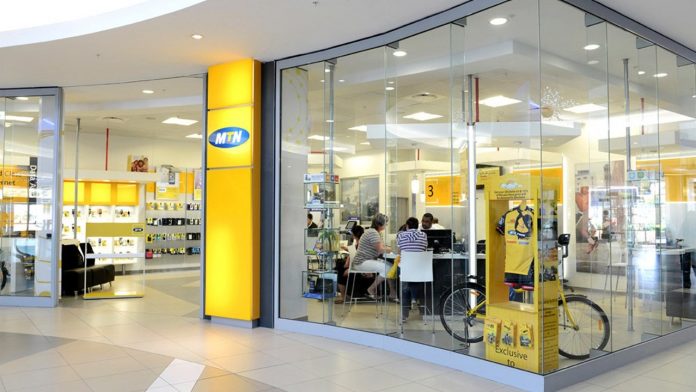MTN Group Ltd has announced its plans to to sell up to 575 million shares in its Nigeria business in a public offer.
This was contained in a statement issued by the MTN Group on Thursday, November 4, as it reported higher third-quarter revenue and core profit.
The company, which has been exiting or reducing its stakes in some areas including its Ugandan and Zambian units, said the separation of fintech and fibre assets was on track.
MTN, which along with Vodacom Group Ltd controls more than 70% of the South African mobile market in terms of subscribers, said this month’s book-building exercise would target institutional investors before a fixed price was announced for retail investors.
“In South Africa, rising unemployment is a concern and may impact growth from prepaid customers in the lower-income segment in the near-term, if measures such as the temporary employee relief scheme are withdrawn,” the company said.
MTN listed its Nigerian business in Lagos two years ago to become the second-largest stock by market capitalisation.
Shares of MTN Nigeria, which traded flat on Thursday at N191, fell to the listing price of N90 in March 2020, hammered by lockdowns to slow the spread of coronavirus.
MTN’s core profit jumped 24.1% in the three months to September on robust demand for data and digital financial services. It added 0.2 million subscribers during the quarter, taking the total to 271.9 million.
Meanwhile, Africa-focused eCommerce platform, MallforAfrica, has allegedly suspended its operations in Nigeria, according to a report issued by TechPoint on Wednesday, November 3.
According to some public sources, Nigerian-born brothers and experienced entrepreneurs, Chris and Tope Folayan, founded MallforAfrica in 2011 to help people shop online for groceries, electronics, and other items.
The report detailed how MallforAfrica “received backing from notable investors, partnered with reputable US and UK stores, and in a few years, became one of Africa’s most popular eCommerce platforms.
“In 2015, Fortune actually described its presence, alongside Jumia and Konga, as heralding an eCommerce boom in Africa.
“However, while Africa’s online activity increased, Jumia and Konga had their fair share of struggles. But both companies, and MallforAfrica, continued to grow.”









